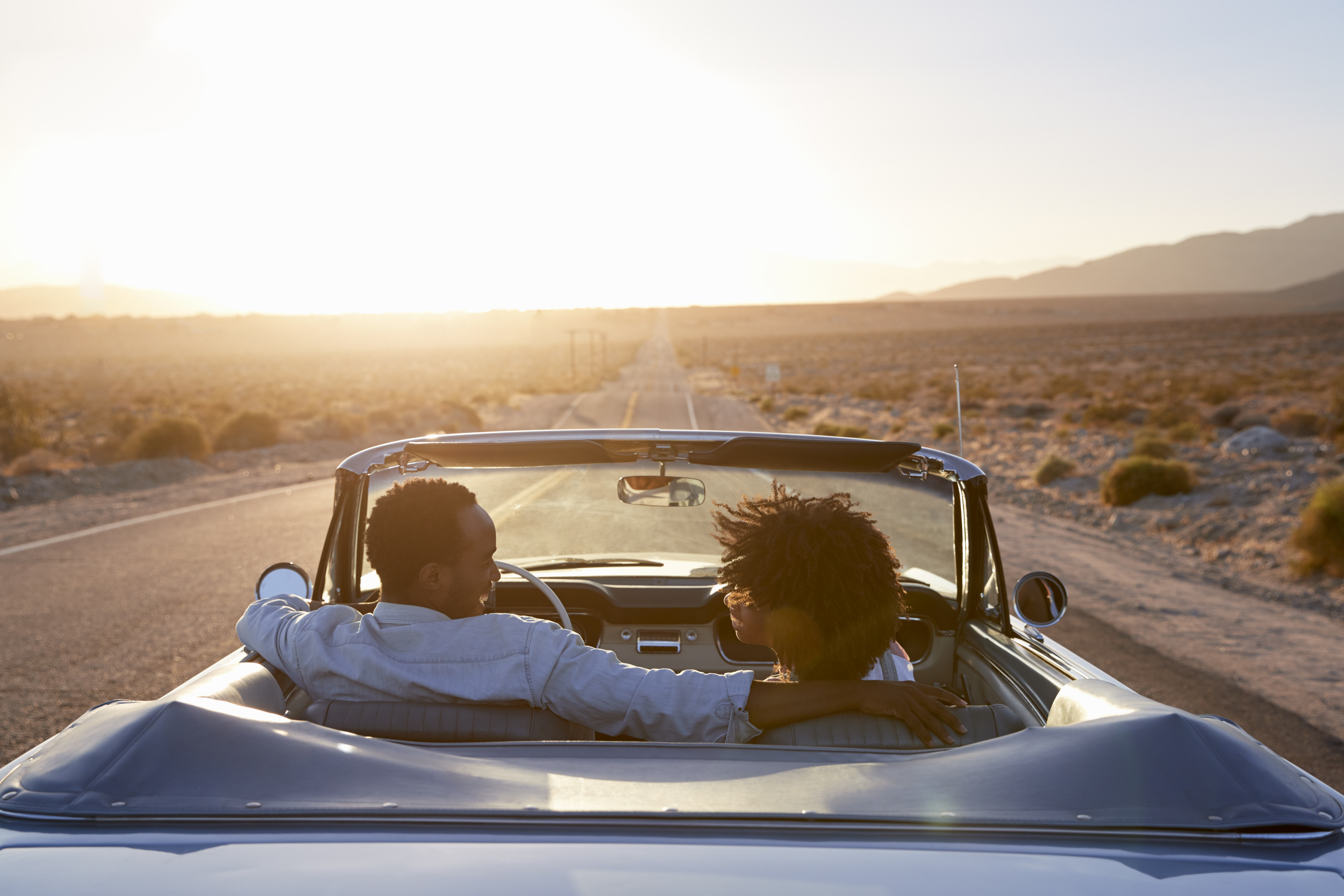Everybody hates the end of a vacation. It’s like once you return, it’s back to life and back to reality. And it kind of feels like traveling just got its groove back over the summer following Covid-19 restrictions that lasted two years.
However, the travel industry still experienced many challenges amid the peak, including staffing shortages and flight cancellations. But for those of you who were blessed to partake in a vacation and are having a hard time returning to reality, here are some tips from experts on how to cope.
Don’t overload yourself with a list of things to do once you return. Instead of bombarding yourself with household chores or work-related tasks, ease yourself into it. Give yourself a day to relax after returning home. Clinical psychologist Dr. Andrea Bonior suggests getting some chores done before you leave for your trip, according to CNN.
“I often see people having a really hard time with the post-vacation blues when it’s like whiplash — so last night I was on a beach, and now I’m in the office — instead, if possible try to plan a buffer day so you can exhale and have some time to just be able to readjust,” she says.
Keep your tourist mindset post-vacation. Exploring doesn’t end just because you’ve returned home. Think about it, have you really seen and done everything where you’re from? Try to find things you love to do in the area you live. Don’t just get massages or go on an excursion when you are out of town.
“Remember that ending the vacation doesn’t mean ending the fun,” says Dr. Laurie Santos, a professor of psychology at Yale. “We can find ways to get a bit more of that travel feeling in if we continue that tourist mindset into life back home. Maybe try a new restaurant or take a walk through a new neighborhood.”
Remember to be grateful.
It is very important to not only be grateful but also practice gratitude. “Take some time to replay your positive travel memories back,” Santos advises, adding that you could make an album, journal, or just remind yourself of the good experiences you were able to have.
“People tend to think gratitude means you need to count your blessings for everything, you can’t be upset about anything, somebody else has it worse than you do so you should be grateful, but gratitude, in reality, means leaning into everything — being able to truly engage and recognize that we’re lucky but also not being afraid to acknowledge the dark spots.”
Exercise.
If you’re wondering how this ties to post-vacation blues, well, numerous studies link exercise to a lower risk of depression. In April, a study published in the JAMA Psychiatry journal showed adults who did activities equivalent to 1.25 hours of brisk walking per week had an 18% lower risk of depression compared with those who did not exercise, CNN reported.
Although it’s not depression-free proof, exercise has many widely known benefits, including improved sleep, lower blood pressure, reduced stress and boosted moods.
Last but not least, embrace your feelings.
It’s normal to feel down after your vacation is over. Experts advise people to communicate how they feel instead of withdrawing from others.
“The research shows that for us to be able to just articulate that we have a certain emotion, that makes that emotion feel less scary so we feel more in control. It also helps us avoid black and white thinking,” Bonior says, explaining that we can have multiple emotions at the same time, like being sad but excited.
For those that feel an overwhelming sense of dread about your routine or your job, it may be a sign of change or a revaluation of where you want to be. If the symptoms linger or get worse, you may consider seeking out some professional help to address other underlying causes.
“If your vacation didn’t go so well, you can get a happiness boost here by trying to figure out what you learned,” Santos adds. “The act of expressively journaling about what went wrong can help you figure out what insights you’ve gotten or how you’ve grown. At the very least, even the worst holidays can turn into funny stories that we can share with friends for a boost of social connection.”


